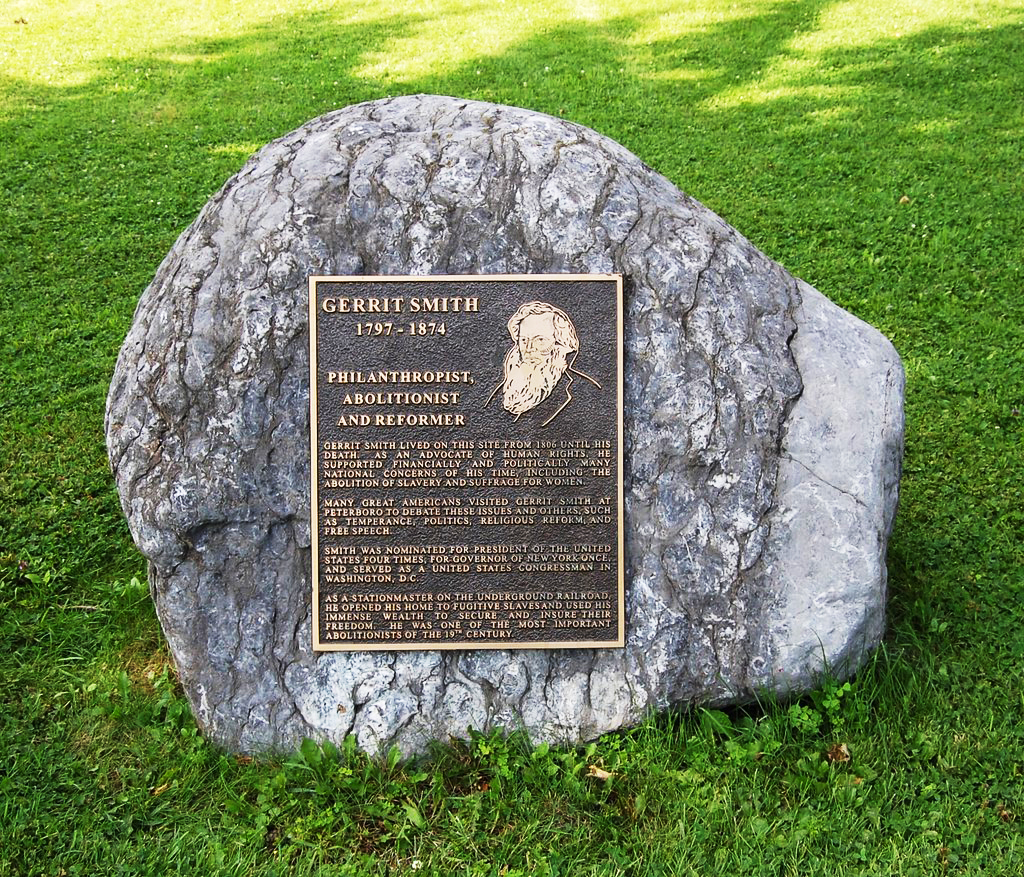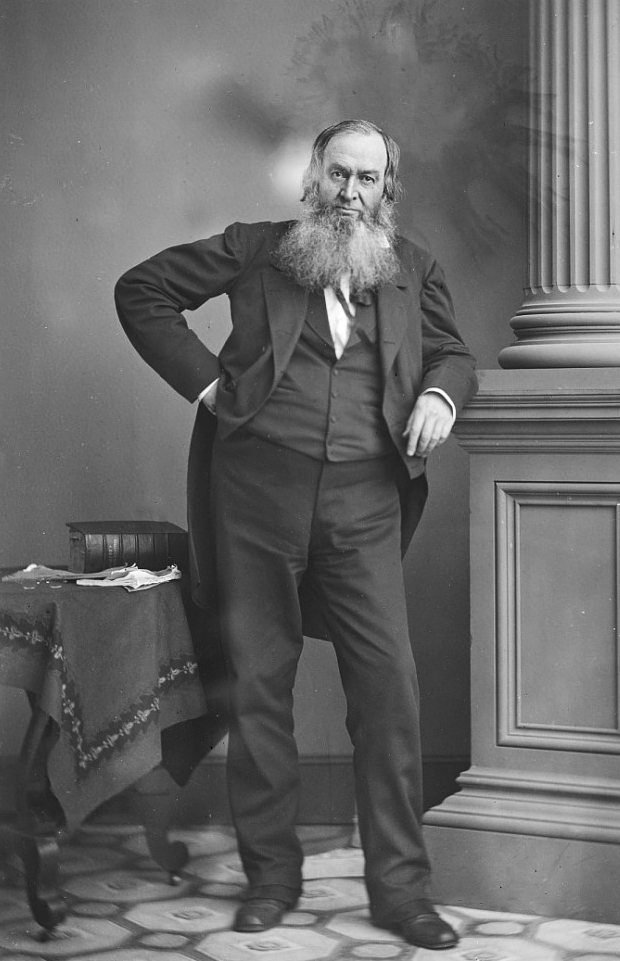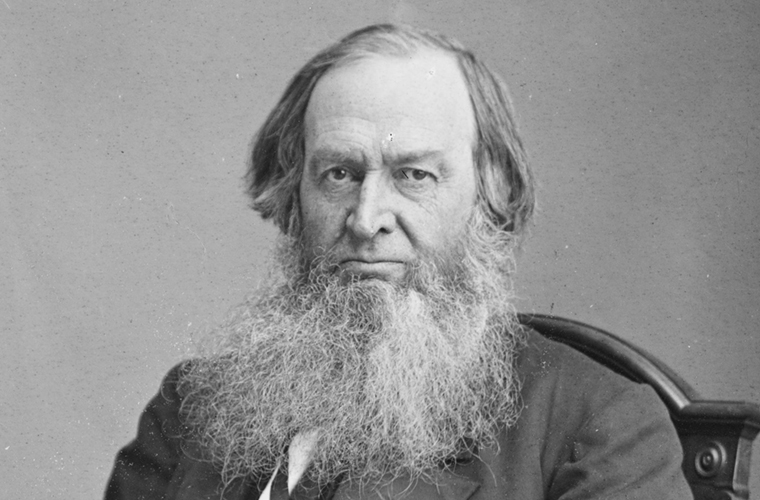Gerrit Smith was an American philanthropist, social reformer, and politician who lived from 1797 to 1874. He was born in Utica, New York, into a wealthy family and inherited a significant fortune from his father. Smith was a deeply religious man and became involved in various social reform movements at a young age. He was a vocal advocate for the abolition of slavery and used his wealth to fund anti-slavery organizations and publications. He also supported other social reform causes, including women’s rights, temperance, and education.
One of Smith’s most significant contributions to the anti-slavery movement was his role in the Underground Railroad. He provided financial support to aid in the escape of enslaved people and offered his own home as a safe haven for escaped slaves. He also worked to raise awareness of the horrors of slavery by publishing anti-slavery tracts and funding the publication of newspapers and books that advocated for abolition.

In addition to his work as an abolitionist, Smith was also involved in politics. He served one term in the U.S. House of Representatives from 1853 to 1854, representing New York’s 22nd congressional district. He also ran for governor of New York three times but was unsuccessful in his bids for the office.
Smith was a strong advocate for equal rights for women and supported the women’s suffrage movement. He also worked to promote education, donating money to establish schools and colleges, including the Oneida Institute and the Smith Academy for Women.

Throughout his life, Smith remained committed to his principles of social justice and used his wealth to support the causes that he believed in. He was widely respected for his philanthropy and his activism, and his legacy as a social reformer continues to inspire people today.
Smith died in 1874, but his contributions to the anti-slavery movement and other social reform causes helped to shape American history and laid the groundwork for future generations of activists and reformers.

